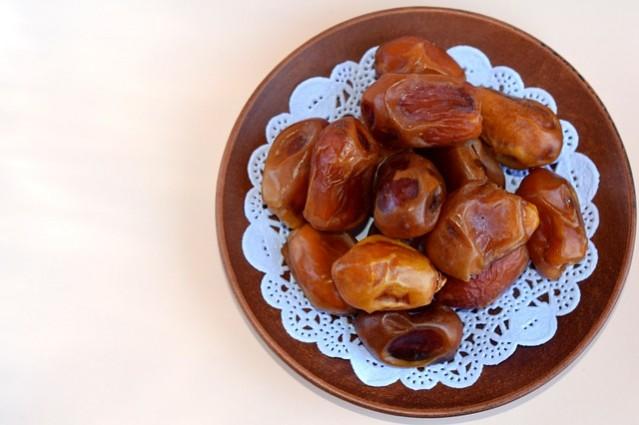
Breaking Ramadan fast with dates is a popular Islamic Tradition. The tradition, according to The Spruce Eat, is rooted in the Prophet Muhammad's teachings, who said: "When one of you is fasting, he should break his fast with dates; but if he cannot get any, then (he should break his fast) with water, for water is purifying."
However, it seems that the practice is more than just a tradition and dates are quite effective in restoring energy after a day-long fasting, according to experts in Birmingham City University.
Dates contain glucose, fructose and sucrose as well as fibre, potassium and vitamin A. With this so much nutritional values, the dry fruit is indeed a great food to consume arc the end of the fast, said nutritionist Rita Ramayulis from the Indonesian Nutritionists Association, according to Jakarta Post.
"Wet or dry dates are as good. One piece of date contains glucose, fructose, sucrose, fiber, potassium and vitamin A. The combination of sucrose, glucose and fructose can increase blood sugar levels, and stabilize them at the same time," she Dr Ramayulis, as reported.
Another big bonus of dates is that they do not spike your blood sugar level and are free from cholesterol.
Dates are rich in protein and they help one stay fit. Also, the iron contained in them can promote healthy teeth and be beneficial for people who suffer from iron deficiency.
Other than these, dates have numerous other goodness packed in them. Be it Ramadan month or not, it is highly recommended that you include a few dates in your daily diet.
The holy month of Ramadan is celebrated by Muslims across the world by fasting from sunrise to sunset. In 2018, Ramadan began on May 15 and will end on June 14.

















